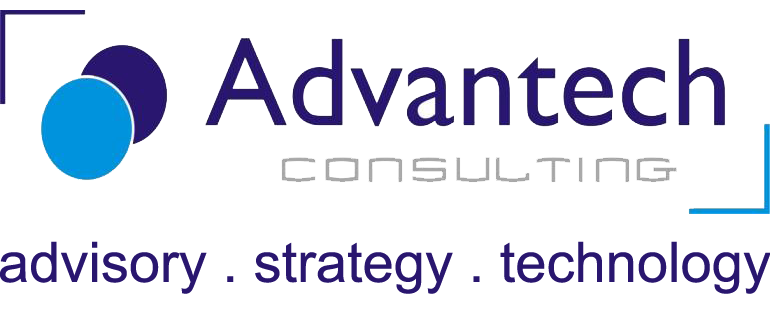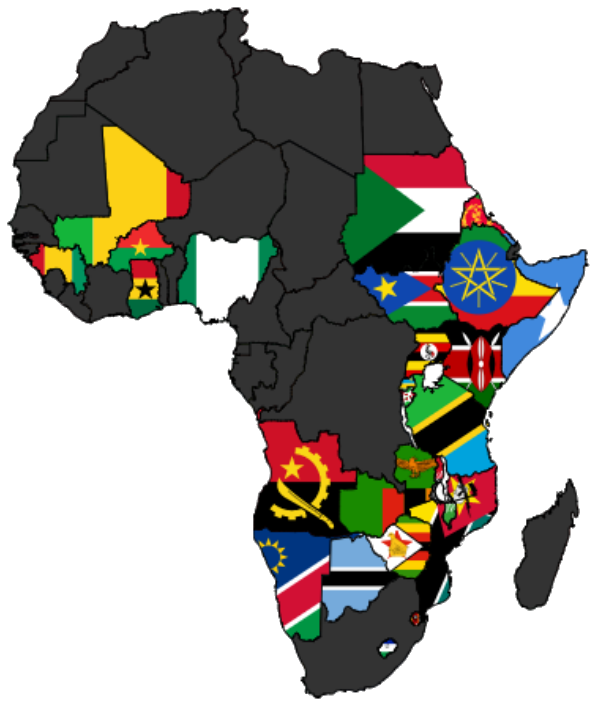As financial institutions seek to engage millennials (born 1980s to 90s) who are instinctively used to getting information on-line and Generation Z (born 2000s onwards) who have been raised in the era of smart-phones; it is highly unlikely that the engagement will happen through existing channels. This is despite the fact that the sector has historically been one of the most resistant to disruption by technology.
Presently, conventional banks are facing shrinking margins, closing down physical branches, shedding their workforce, and freezing staff recruitment as they shift their operations to technology-driven platforms which take advantage of mobile availability, direct financing opportunities, and high efficiency, thereby allowing customers to complete financial transitions anytime and anywhere.
By allowing people to by-pass banks for everything from paying for services to savings, and providing alternative solutions and business models, Financial Technology (FinTech) solutions are shaking-up the banking sector across the globe and could render a variety of banking processes obsolete. This is particularly in the area of Internet finance which has been advancing with diverse potential applications in two areas:
- Artificial intelligence (AI) (machine learning, predictive analytics and big data)
Leveraging the vast amounts of structured and unstructured data to make predictions, build analytics and profile potential clients for more accurate decision making; FinTech companies are able to build better solutions based on a better understanding of consumer behavior and needs. - Digital currency led by blockchain technology
Originally devised for the digital currency, Bitcoin, this technology carries the potential for innovation across multiple segments of the financial landscape through a shared/ distributed ledger of transactions. Blockchain positives are based around its characteristics including decentralization, programmability, and immutability.

Moreover, unlike conventional banks, FinTechs have been characterized as:
- Leaner – have lower overhead costs
- More agile – the nascent industry is only partially subject to regulatory constraints
- Highly innovative – They develop completely new products and services, based on algorithms and considerable computing power, that penetrate new areas of the financial system with minimal human intervention required.
- More affordable – they substantially undercut the fees for payment transactions
- Face lower barriers to entry
- High customer orientation – invest more in the customer experience
- More transparent
- Close proximity to the end customer
These technologies that include such radical ideas as Bitcoin and block chain technology, as well as more mainstream concepts that involve:
- Financial investments
- Insurance – For instance, Scotland based “Cuvva” provides short-term car insurance for as little as an hour through a mobile application
- Capital markets
- Account management
- Lending – borrowers submit credit applications online for loans from digital lenders, which leverage considerable data and information sources to determine credit risks and;
- Payments – commonly in the areas of person-to-person payments; in-store retail payments; credit and debit card transaction processing and settlement; and global remittance. This includes FinTechs such as m-pesa, paypal and alipay.
Have been growing in popularity and in the unbundling process have been attributed to the “Uber moment” being approached by the financial services sector.
From app-based payment services to crowd funding and peer-to-peer (P2P) lending that brings individual borrowers and lenders together, FinTech firms continue to develop innovative technological solutions in such areas as online and mobile payments, big data, alternative finance and financial management.
Examples of upcoming FinTech in Africa
- Monetbil – a payment method for digital goods and services online using mobile operator billing. Monetbil offer to e-merchants a payment method by mobile phone
- PiggyBankNG – enables Nigerian debit card holder users to automatically save little amounts of money daily, weekly or monthly depending on what they set until they reach their savings target.
- Agriledger – a mobile application using blockchain technology that streamlines co-operative operations by putting a simple distributed ledger into the hand of every smallholder farmer member. Cooperatives presently rely on paper-based records, verbal promises, and complicated agreements; this frequently causes critical problems due to lack of transparency, restricted access to price data, lying, graft, and corruption.
Though greeted with a fair bit of skepticism (i.e. fluctuation of cryptocurrencies) and still in the early stages, it is highly definite that FinTech is changing the world of finance and is the future of banking. It is also here to stay especially with the increased investor confidence seen in recent years.
But FinTech ecosystems (elements: (i) government/ regulatory support, (ii) business environment/ access to markets, (iii) access to capital, and (iv) financial expertise) are changing, and competition is on the rise between the FinTechs themselves hence the reality is only a fraction of the startups will succeed in the long term. Nevertheless, banks still have a large customer base, sufficient capital, strong brands, broad product portfolio, and strong balance sheets that keep them well positioned in the face of future competition.
Moreover, despite the challenges FinTechs pose, their disruption offers new opportunities to traditional banks which, to adapt to the technological revolution and elevate their efficiency and profitability, have to transform and digitize. They can also partner with FinTech companies to approach new opportunities and co-develop solutions to piggy-back on their potential disruptive know-how. The recent partnership between New York banking giant – JPMorgan Chase & Co. – and online lender – OnDeck Capital – offers a classic example of such ‘FinTech meets tradition’ team-ups wherein the bank is able to offer online loans to its existing small-business customers through fast and inexpensive application processing. The megabank has also started a residency program for FinTechs which will be tasked with finding innovative solutions to specific challenges using technologies like distributed ledger, big data, or machine learning.
With customers open to change as seen in the chart below that presents the countries with the highest value of FinTech transactions worldwide in 2016 with the US having the highest transactional value amounting to 769 billion U.S. dollars:

Figure 1: Chart courtesy of Statista
and evolving business models, it remains to be seen whether most regulators will take an active, passive, or restrictive approach for the rapidly evolving but still tiny sector; which is believed to have not yet posed systemic financial system risks, and how they will impact on existing and new developments.
Cover image credit: The McGill Students Business Review




